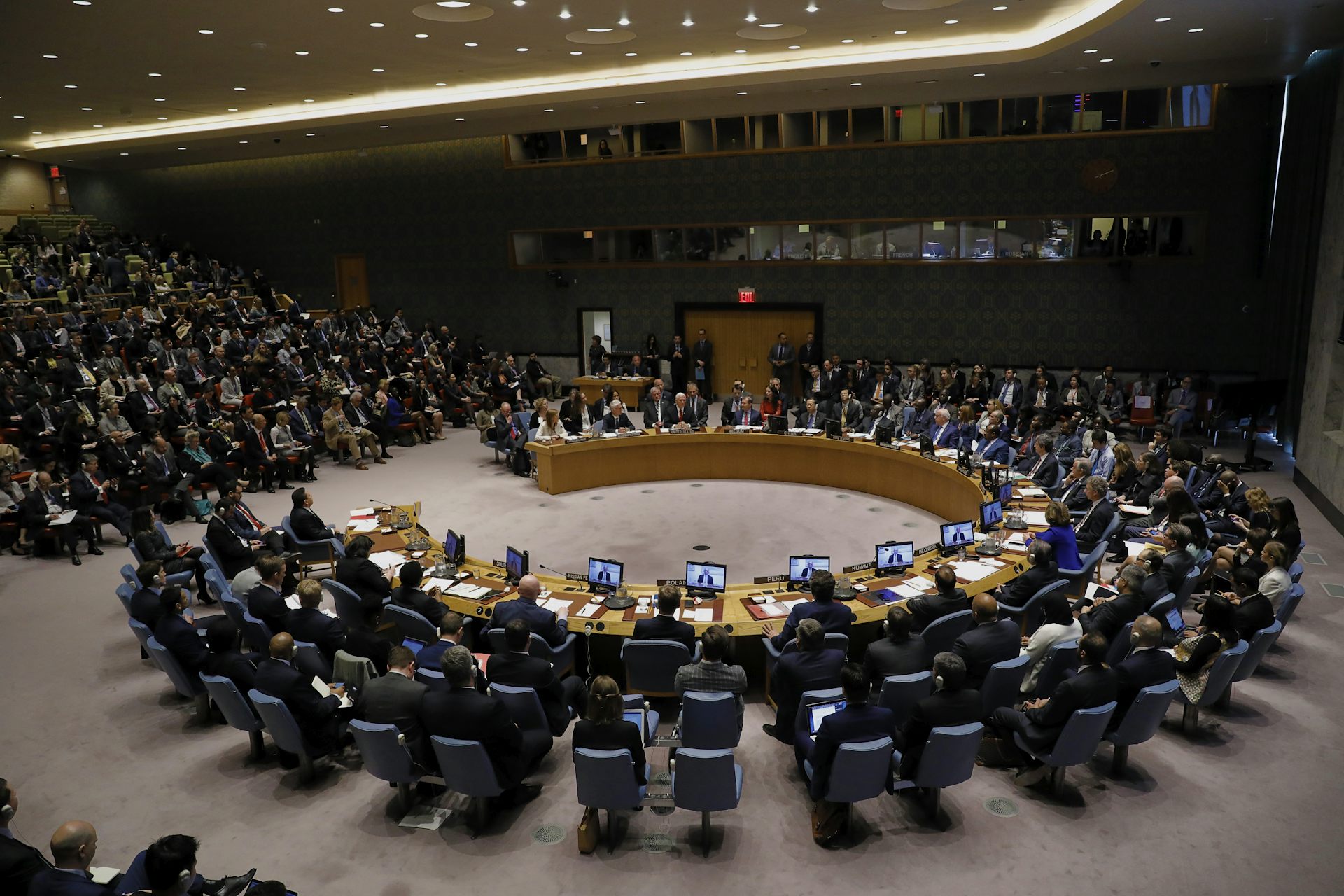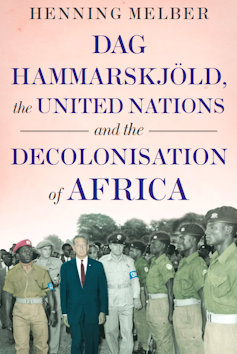
This year marks a century since a formal international civil service was introduced into the world. The first time this particular breed of professionals came into existence was at the signing of the Versailles Peace Conference during 1919 and the subsequent establishment of the League of Nations in January 1920.
The United Nations (UN) will mark the occasion later this month when it discusses the challenges of multilateralism committed to a rules-based world order.
For global governance, an international civil service matters. Simply because it would be impossible to promote and maintain a rules-based world order without it.
An autonomous civil service is crucial for operations within the global governance system – an idea conceptualised a 100 years ago at the League of Nations. Already then, international civil servants were expected to be loyal to the aspirations of the international community and to remain neutral and independent of any authority outside their organisation.
Eric Drummond a British diplomat involved in the drafting of the League of Nations Covenant and the first Secretary General of the League of Nations (1919-1933), played a crucial and pioneering role in conceptualising an independent international civil service. But it was Dag Hammarskjöld, the UN’s second Secretary General (1953-1961), who elaborated the concept. He set lasting standards that survive to this day.
An independent civil service was a huge part of Hammarskjöld’s arsenal. As his numerous statements and speeches document, his terms in office were guided by strong and coherent ethics concerning the independence of the international civil service.
At the core of his ethics were integrity, loyalty to the principles of the UN Charter, independence from any national or regional interests and the courage to uphold these values.
In my new book I pay tribute to Hammarskjöld’s commitment to these principles as they applied to self-determination on the African continent.
The main focus is on the interpretation and implementation of the principles adopted by the UN member states through his diplomacy during the Cold War era. I present arguments and evidence why frameworks for governance, their interpretation and implementation matter.
The UN and decolonisation
Decolonisation on the African continent gained momentum during the 1950s. The UN became an important forum for the growing demands for self-determination. As Secretary General, Hammarskjöld played a prominent role as events unfolded. These culminated in the Congo crisis of 1960/61. Faced with the secession of the Katanga province and Belgian destabilisation threats soon after independence, the Congolese government requested the UN to intervene. This resulted in one of the biggest UN interventions ever.
Hammarskjöld’s role in the process is at the centre of the analysis. It examines the scope and limitations his office provided under the existing unequal power relations of the post-World-War-II order.

His support for the struggles for national sovereignty shows that individuals and their running of office do matter. This is true even though the policy of big powers imposes limitations on them.
When Hammarskjöld and 15 others in his company died in a plane crash near the Northern Rhodesian mining town of Ndola in the night of September 17/18, 1961, the adjacent white settler-minority regimes were visibly relieved. And despite the world-wide recognition and appraisal, the secret services of all big powers had closely followed his attempts to bring the Katanga province back into the Congolese territory.
Reassessing Hammarskjöld’s anti-hegemonic stance suggests that there were more than enough parties satisfied that he could not bring his mission to the planned end. After all, the secessionist Katanga province was under firm control of Belgian and other Western mining companies. It was the biggest supplier of uranium for the US nuclear arms race. As a mineral-rich resource of global relevance it was of highest geo-strategic interest.
The hitherto unclarified causes for the plane crash remain a matter of renewed investigations. These were triggered by the book of Susan Williams, Who Killed Hammarskjöld?.
Why global governance and leadership matters
My book argues that despite all the limitations, values matter for a global governance body seeking to solve – or at least contain – conflicts through multilateral diplomacy. It highlights the battles over the power of definition by different interest groups in the era of decolonisation and the East-West conflict as well as the potential role and influence of an individual in charge of the UN Secretariat.
It recognises Hammarskjöld as an outstanding international civil servant, who believed in the spirit and word of the UN Charter and the virtues of a service guided by loyalty to its values and principles.
Individual leadership is important. But I also emphasise the limitations such an office and its incumbent have. The study also critically reflects on some of the failures and flaws during Hammarskjöld’s time as Secretary General. After all, while he set the bar very high and remains widely respected, he was far from unfailing.
Nevertheless, I argue, his term ended with his integrity intact. This was evident from the fact that towards the end of his time in office he was portrayed through a lens of suspicion and mistrust in the West and open calls for resignation in the East. Revealingly so, the newly independent states remained to a large extent supportive. For them he was “their” Secretary General.
A hundred years after the creation of an international civil service, Hammarskjöld deserves to be remembered for leading by example.![]()
Henning Melber, Extraordinary Professor, Department of Political Sciences, University of Pretoria
This article is republished from The Conversation under a Creative Commons license.


